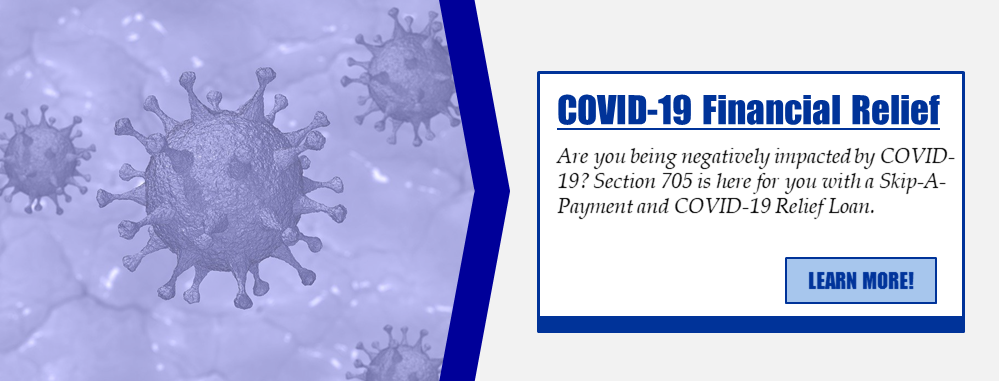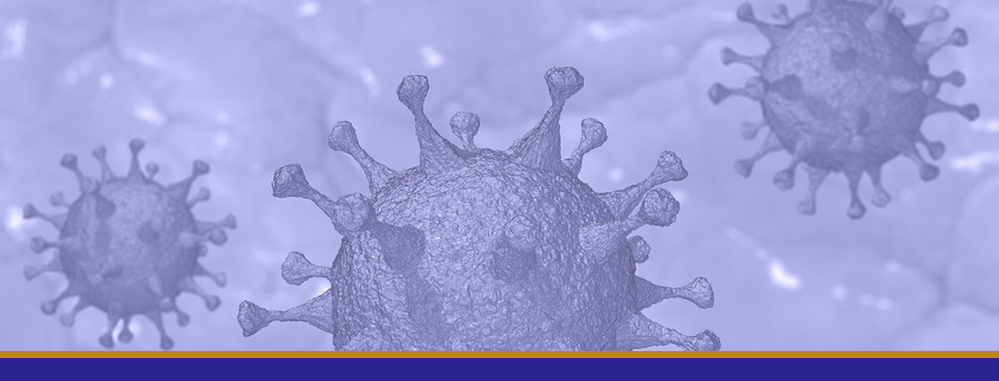
How Will the Paycheck Protection Program Affect You?
The Paycheck Protection Program (PPP) is an important part of the historic Coronavirus Aid, Relief and Economic Security (CARES) Act designed to help small businesses continue meeting payroll and other expenses during these trying times.
Here’s all you need to know about the Paycheck Protection Program.
What does the PPP offer small businesses?
The provision creates a new category of unsecured loans guaranteed by the Small Business Association (SBA). The loans do not require a personal guarantee and are available to many businesses that were previously not eligible for an SBA loan. The loans may be entirely or partially forgiven.
Which kinds of businesses are eligible for a loan?
Traditional SBA loans are only eligible for business entities designed to turn a profit. The company’s place of business must be located in the United States, and be primarily operated in the United States.
The Paycheck Protection Program has expanded to include all nonprofit organizations, veterans organizations and Tribal business concerns.
Does the business need to be a specific size to be eligible for the PPP?
To be eligible for a loan under the Paycheck Protection Program, a business must have no more than 500 employees, including full-time, part-time and temporary workers. This rule accounts for the business applying for a loan, as well as any affiliated businesses or entities, including for profit and nonprofit, as well as domestic and foreign businesses.
What is the maximum loan amount a business can apply for under the Paycheck Protection Program?
The maximum loan amount available under the PPP is generally the lesser of $10 million, or 2.5 times the average monthly payroll costs incurred during the one-year period before the date of the loan. Payroll costs include all salaries, wages, commissions and cash tips; parental, family, medical or sick leave; severance pay; payments required for the provisions of group health care benefits, including insurance premiums; payment of any retirement benefit; and payment of state or local tax assessed on the compensation of employees.
How may the loans be used?
The loans from the Paycheck Protection Program can be used from Feb. 15, 2020, to June 30, 2020 for any of the following expenses:
- Payroll costs
- Costs related to the continuation of group health care benefits during periods of paid sick, medical or family leave
- Insurance premiums
- Employee salaries, commissions or similar compensations
- Payments of interest (but not principal) on any mortgage obligation
- Rent
- Utilities
- Interest on any other debt obligations that were incurred before Feb. 15, 2020
Will all loans that are part of the Paycheck Protection Program be forgiven?
A PPP loan is eligible for forgiveness in an amount equal to the sum of the following costs incurred during the 8-week period beginning on the date of origination of the loan: payroll costs; any payment of interest on any mortgage obligation that was incurred before Feb. 15, 2020; any payment on any rent obligation under a lease agreement in effect before Feb. 15, 2020; and payment for electricity, gas, water, transportation, telephone or internet service, which began before Feb. 15, 2020.
The loan forgiveness amount will be prorated down if the average monthly number of full-time employees during this 8-week period is less than the average monthly number of full-time equivalent employees. The forgiveness amount will also be reduced if there is a 25% (or greater) reduction in salary for any employee during this 8-week period.
Can a small business take out a loan under the Paycheck Protection Program and still be eligible for other relief under the CARES Act?
Taking a loan under the PPP can make an employer ineligible for some other relief under the CARES Act. For example, the employer will not be eligible for payroll tax relief if they apply for a loan under the Paycheck Protection Program.
Resources:
www.forbes.com/sites/advisor/2020/04/07/everything-you-need-to-know-about-the-paycheck-protection-program/amp/
www.sgrlaw.com/client-alerts/forgivable-coronavirus-payroll-loans-for-employers-with-fewer-than-500-employees/







